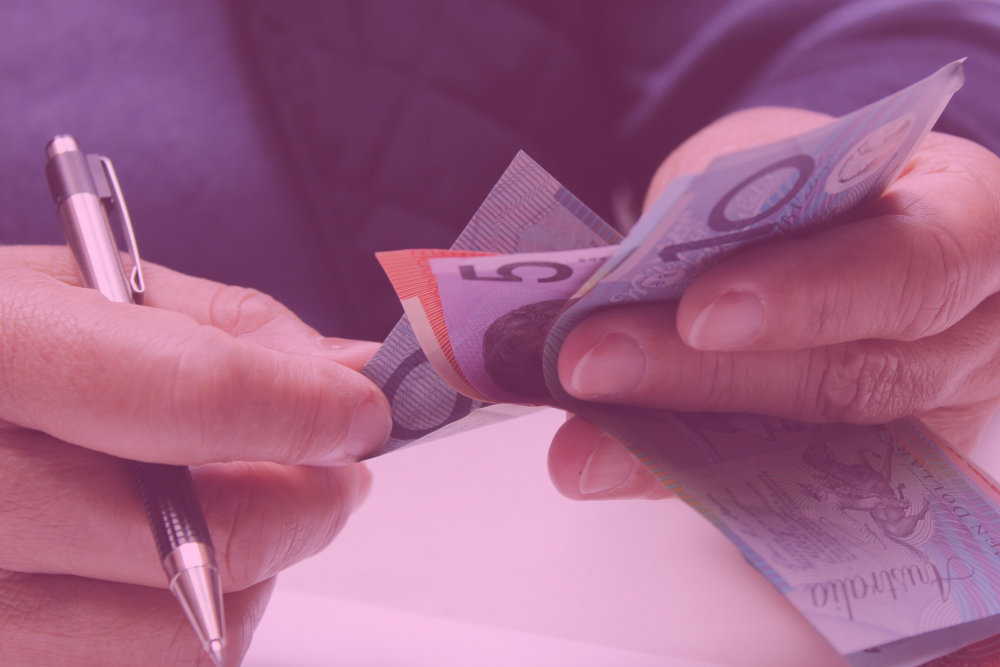Australia operates a free market economy, giving businesses the autonomy to set their own prices for goods and services. In a free market, prices typically rise with inflation and increased production and transportation costs. Additionally, a business can take advantage of demand for an item to increase prices and realise larger profits, a practice that is colloquially known as “price gouging”. Surprisingly, it is quite legal for a business to increase its prices when there is demand and scarcity, even for staples such as groceries. However, some pricing practices are prohibited under Australian law. This article considers the difference between permitted price gouging and illegal pricing practices.
Why is price gouging legal?
As a free market economy, Australia allows the laws of supply and demand to determine the price of goods and services, with limited government intervention. A free market is thought to be the most effective approach to maintaining a productive and dynamic economy. In such markets, government interference is limited to preventing conduct that would defeat the free market, such as anti-competitive pricing and misleading and deceptive pricing.
What is anti-competitive pricing?
A central tenet of a free market is that buyers and sellers should be able to freely trade goods and services, without coercive impositions or restrictions. In this economy, if a consumer thinks the price of an item is too high, they can buy from an alternative supplier, or choose not to purchase the product or service at all. Therefore, a free market economy depends on genuine competition between suppliers to ensure that prices remain reasonable. For this reason, businesses must act independently. When businesses do not act in competition with each other, it ultimately leads to higher prices for consumers. Most importantly, it is unlawful for competitors to collaborate to fix prices, which is a form of cartel conduct and illegal in Australia. On the other end of the scale, businesses must not abuse their market power to consistently sell products below cost price to drive out other competition, as this conduct will likewise inevitably result in higher prices and less choice for consumers.
What is false and misleading pricing?
It is also illegal, under section 18 of the Australian Consumer Law, for businesses to make false or misleading claims about prices, including the reason for any changes in prices. This is because businesses are legally obliged to be honest and not gain an unfair advantage due to misleading claims. Businesses must display the total price of an item, including taxes, duties and all pre-selected or unavoidable extra fees.
Another example of misleading pricing practice is so-called “was, now pricing”, where businesses give consumers the impression that they are lowering the price without actually reducing the price. In this practice, businesses increase the price of an item for a brief period just so that they offer a false discount. Consumers in this circumstance may believe they are securing a bargain, when they are paying much the same, if not more, than the “normal” market price for the item. This is deceptive and misleading conduct and is prohibited under Australian law.
What is unconscionable conduct?
Some commentators have suggested that price gouging on staples during a crisis or emergency is an example of unconscionable conduct, which is prohibited under both statute and common law. Unconscionable conduct occurs when a business takes an action that is so unreasonable it is not acceptable in society, or goes beyond reasonable commercial bargaining. Examples of unconscionable conduct include failing to disclose key contract terms or refusing to take no for an answer during a sale. Penalties for unconscionable conduct can be as high as $2.5 million for an individual and $50 million for a corporation. However, a price increase itself does not constitute unconscionable conduct, even if most members of the public think that raising the prices of groceries is unreasonable during a cost-of-living crisis.
Inquiry into supermarket prices
The Australian Competition and Consumer Commission monitors and enforces regulations on the pricing of goods and services. On 25 January 2024, the Australian Government announced the 2024 ACCC inquiry into supermarket prices. The remit of the inquiry is to examine the pricing practices of the supermarkets and the relationship between wholesale (including farmgate) and retail prices. The outcome of these inquiries can have far-reaching and positive consequences for consumers. For instance, following the ACCC’s 2008 inquiry into the grocery sector, Woolworths and Coles provided enforceable undertakings to remove provisions in their tenancy agreements that prevented shopping centres from leasing space to competing supermarkets. This ensured that consumers could have access to more than one supermarket in a geographical location, increasing competition and putting downward pressure on prices.
Price gouging is not itself illegal in Australia, however, it is prohibited to engage in other pricing practices that mislead consumers or diminish free market competition. Businesses should seek commercial legal advice to stay compliant with pricing regulations. Contact our commercial law team at Taylor Rose on 1800 491 469 for any legal advice.




